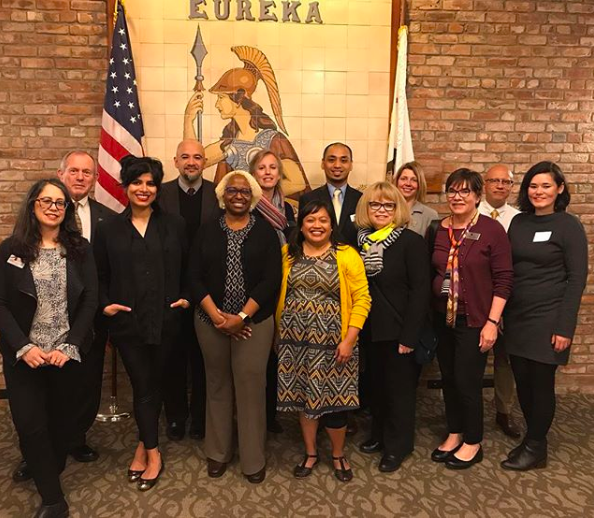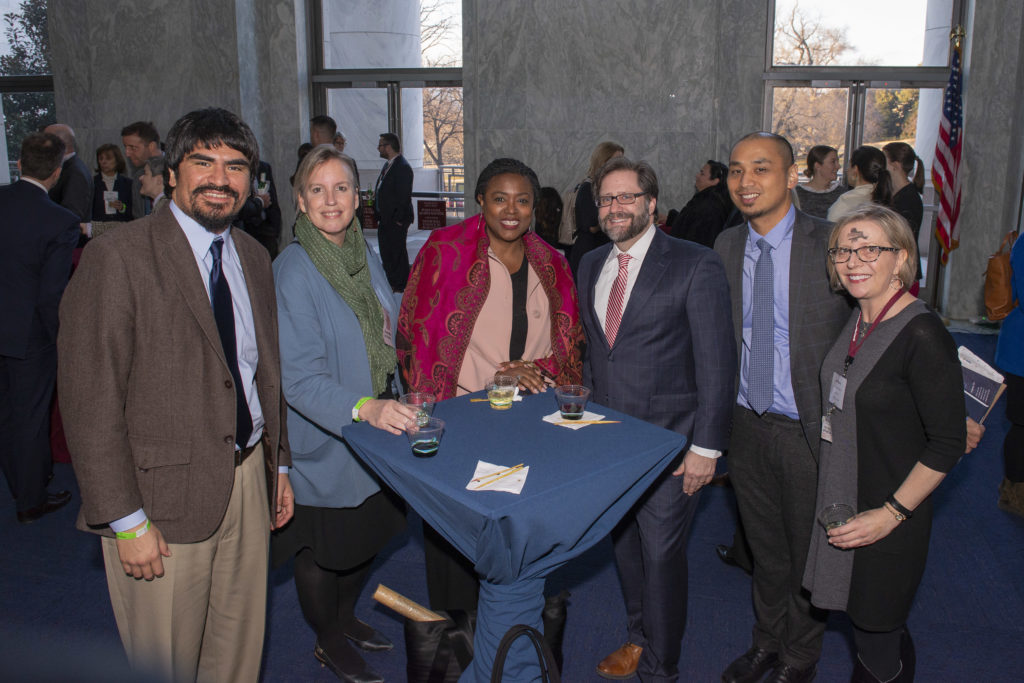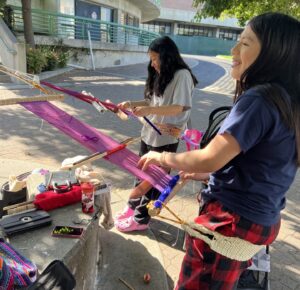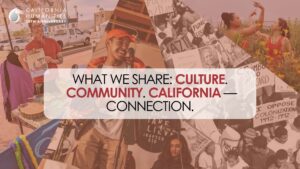Every March, California Humanities becomes Advocacy Central. We share information about the public humanities with elected officials on an ongoing basis, but this time of the year we focus on two large advocacy efforts.
From March 3 to 5 in Washington, D.C., the 55 state humanities councils will gather together from across the US for Humanities on the Hill. There, we will advocate for funding for the National Endowment for the Humanities (NEH), meeting with a multitude of members of the House of Representatives and Senate. Because California is such a large state, we make a large number of legislative visits each year, generally upwards of 45 of them during a three-day period.
Then, on March 25, 2020, we will head to Sacramento for our second annual Humanities Advocacy Day to meet with our state Assembly Members and Senators. We will be sharing information about our support of the public humanities in their districts, learning more about the issues in the communities they serve, and asking them to include funding for California Humanities in the state budget.
Last year, for the first time ever, we were included in the state budget at $1 million through member requests by Senator Ben Allen and Assembly Member Rob Bonta. We know that building relationships with our state legislators were an important part of that victory. The additional support from the State of California enables us to make more grants and deliver more programs in every part of the state.

What can you do?
California is a wonderfully large state filled with unique stories. We would like your help in sharing them.
Contact your elected officials and ask them to support funding for the humanities. At the federal level, you will ask your Representative and Senator to support funding of the NEH, which also supports California Humanities and the other 54 state councils. At the state level, you will ask your Senator and Assembly Member to support the funding of California Humanities. You can contact your Federal and State elected officials through email, phone, written letters, and even on social media. We are happy to provide specific language for you to use as you advocate on behalf of the public humanities.
Click here to find your representatives.
Quite simply, that is all that you have to do. Yet, like the humanities, your voice and story carry the purpose that makes the difference.
Some things to consider as you craft your message include:
How have the humanities touched you or your community? Think about the exhibits, poetry, documentaries, novels, and cultural celebrations that told your story or exposed you to the experiences of others. What was one experience that deeply resonated with you that you want others in our state to access?
If you’re a California Humanities grantee, how has our funding enabled the sharing of stories that otherwise have been unheard or underrepresented? So many of our grantees have helped tell the history of California through a variety of voices, including the diverse entrepreneurs of the Gold Rush, the indigenous peoples that have worked to replenish their languages and cultures, and civil rights leaders from the San Joaquin Valley to the large coastal cities.
After you have contacted your representatives, please ask others to do the same. Elected officials pay attention to constituents sharing real stories from their districts.





